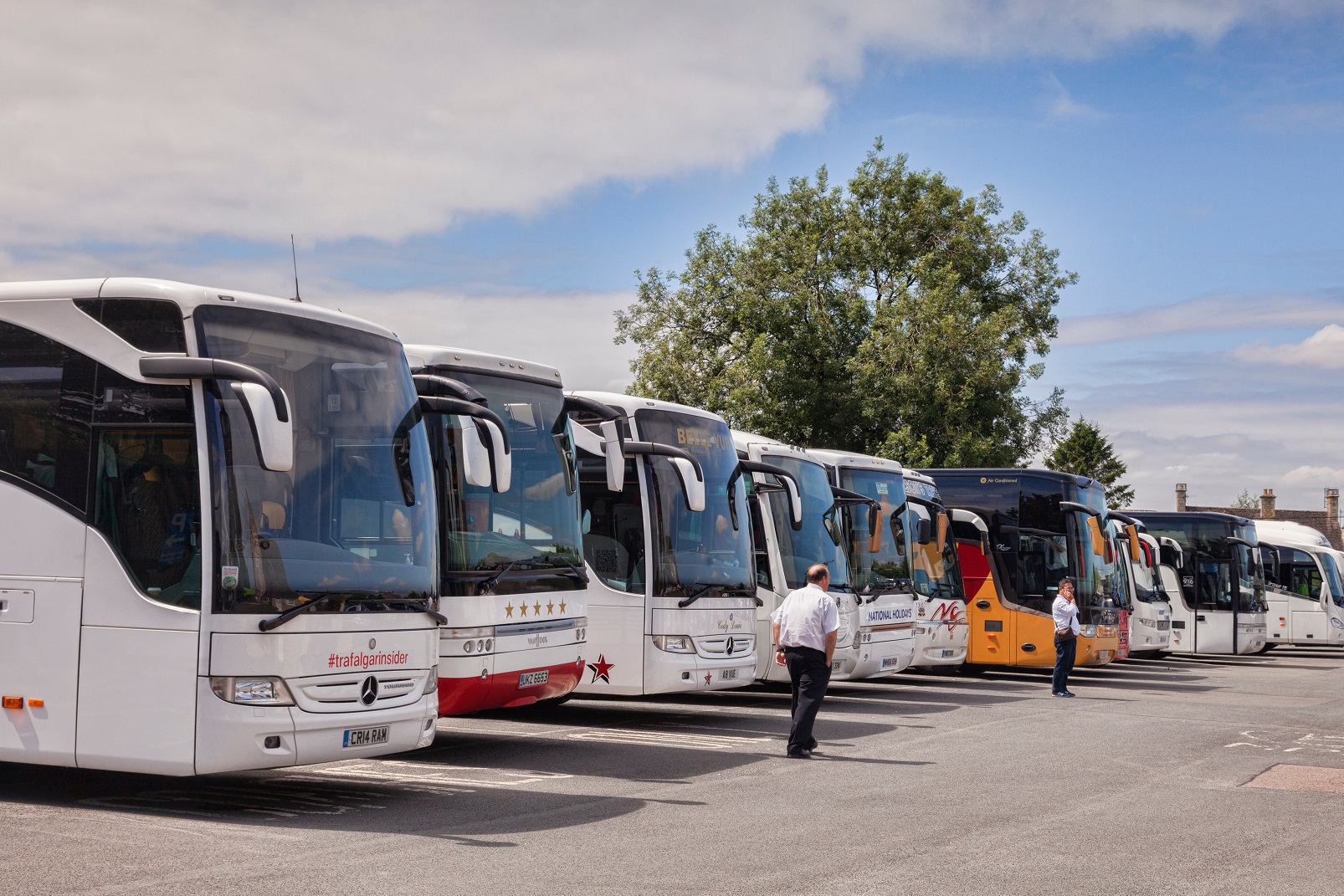Government must support the important role played by an overlooked segment of the industry, says Confederation of Passenger Transport Chief Executive Officer Graham Vidler
There has been a whole range of mixed messages coming from government around transport in recent weeks. Of particular alarm to the coach and bus sector has been the government’s much-touted plan to back drivers, which includes a proposed extension of bus lane use for cars and motorbikes.
As is so often the case, though, the mode of transport that the government has failed to mention throughout all of this is the coach. If the government wants bus lanes opened up, surely the first mode of transport that it should be looking to is the coach?
We realise that there will sometimes be local circumstances which mean that a bus lane needs to be kept solely for the bus – perhaps on particularly high-frequency routes – and that there is a need to ensure that traffic on bus lanes is free-flowing, but all too often coaches are excluded from using bus lanes for no good reason.
That is why one of our calls to both this government and the next is to ensure that coaches which have over 22 seats have universal access to bus lanes unless there is a clear reason why this wouldn’t be viable. An already sustainable mode of transport, coaches are key to getting people out of their cars, with around 500 million passenger journeys every year.
This call is part of a wider package of measures for coaches that we are lobbying for in our Autumn Statement to HM Treasury and which will be included as part of our work to influence the manifestos of the next government. To recognise the invaluable contribution that coach operators make to the economy, society and environment every day, all-year round, we want government to ensure that local authorities recognise the pivotal role that coaches play in society.
Coaches provide clean, sustainable travel and local authorities should make it a statutory requirement to consider the role of coaches as part of their local transport plans.
This should cover the wide range of services that coaches provide, including express services, tourism, home-to-school, corporate travel, works services and rail replacement, and should be reflected in local planning policies, which should make provision for coaches and their visitors in any new developments.
This need to recognise the real value of coach travel brings us back to a call we’ve been making for a long time now around Clean Air Zones. It is madness that a local authority is currently able to establish Clean Air Zones which penalise certain categories of coaches and buses but not the equivalent cars.
Our Autumn Statement submission also reminds government of the important work of the Confederation of Passenger Transport’s Zero Emission Coach Taskforce (ZECT) and calls for clarity on the government’s zero-emission strategy for coaches.
This should include the roll-out of refuelling and recharging infrastructure on the strategic road network, as well as investment in research and development to deliver vehicles with longer ranges. To enable operators to reduce their emissions in the interim, we are calling on government to introduce a fuel duty incentive for low-carbon fuels.
Encouragingly, on 19 October, we saw evidence of the positive impact that ZECT is having, with the launch of the Department for Transport’s call for evidence into the zero-emission infrastructure required for HGVs and coaches – something we called for in our Coach Route to Destination Zero report launched earlier this year.
The call for evidence will gather information on the current and future supply and use of zero-emission HGVs and coaches across the UK and their refuelling and recharging requirements. We will, of course, be working with our members to respond to this.
Let’s hope this is the start of government truly recognising the power of coach, and the essential environmentally sustainable transport option that it provides.




























